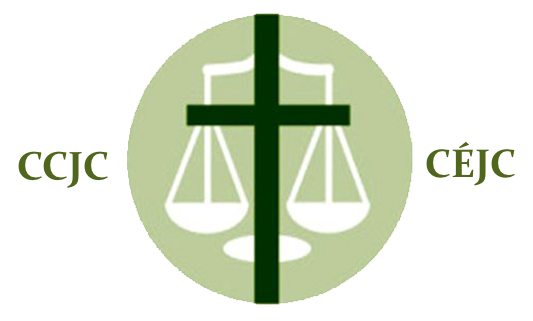Restorative Justice as a criminal justice concept was rediscovered and explored in the 1990s by thinkers like Howard Zehr. Since that rediscovery, RJ has evolved and has been applied to shed light on conflict and restoring relationships more broadly. The RJ approach to restoring relationships has a lot to offer the many among us who are not involved with the criminal justice system. For instance, we can apply “RJ thinking” to creating a (church) culture that is healthy and experiences fewer violations or harm. Churches, parishes, and faith communities can become the setting for persons to learn, practice and experience the healthy community-creating benefits of RJ.
My question for CCJC members, churches, parishes, and faith communities is:
What does Restorative Justice look like in the church, parish, or faith community?
How do RJ and restorative practices nurture a restorative congregation vis-à-vis worship, church life, church education, church administration, church in the community?
Note to Discussion Board users:
Many topics on justice issues will be covered on this discussion board. The Church Council on Justice and Corrections is committed to maintaining a restorative process when in dialogue with each other. This implies a grace and acceptance to be willing to hear and receive, without judgement, the sharing of their thoughts and feelings. As well, at CCJC we strive to remain a positive and hopeful voice in the struggle for meaningful and compassionate justice. Accordingly we ask that those who use this discussion board refrain from any disparaging remarks of others who may contribute as well. We hope that this discussion board will positively contribute to each reader’s education, exploration and inspiration on issues in the justice arena. And while we may disagree, first and foremost we ask that we all do so in a spirit of respect for each other’s view point.

